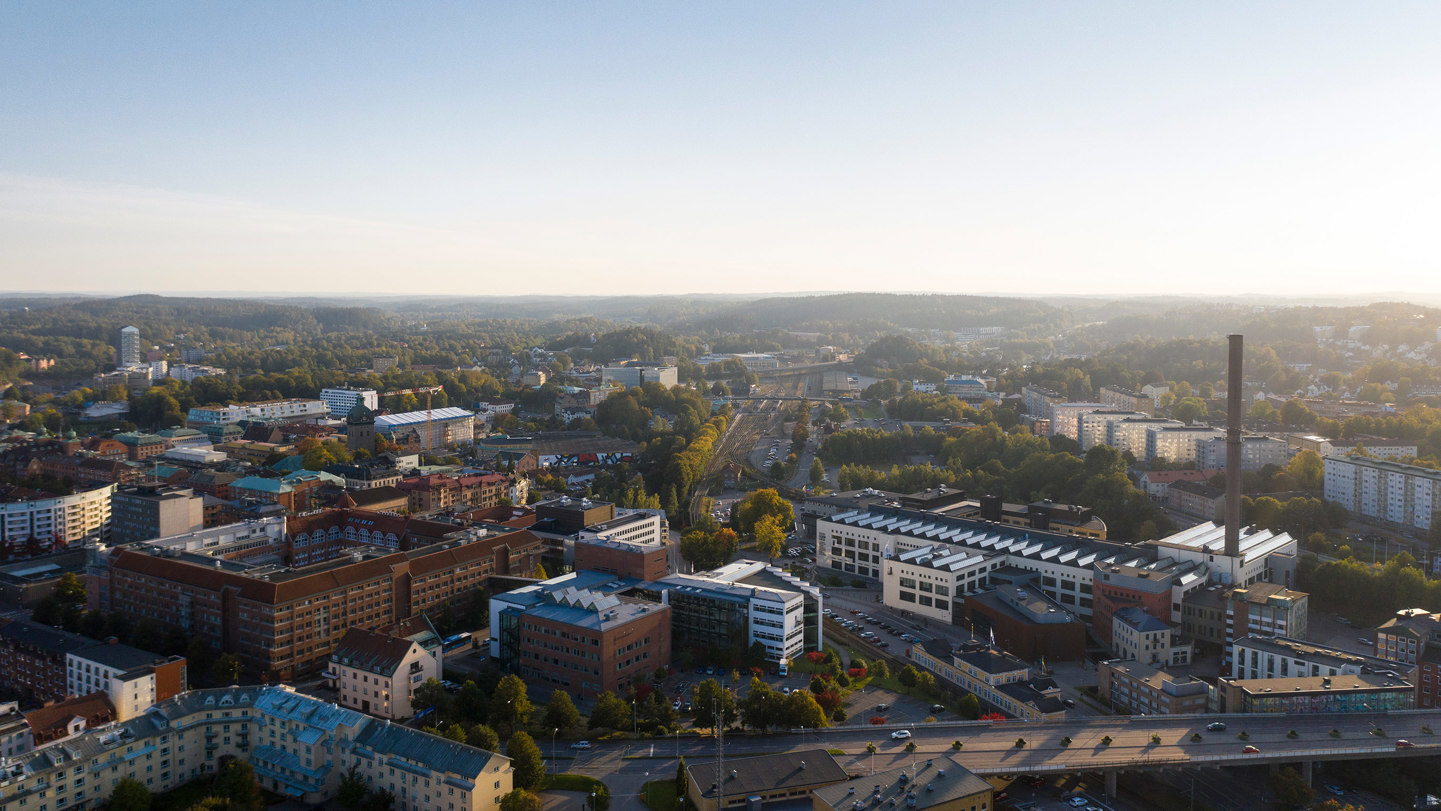Award shows that the University of Borås is an attractive employer for researchers
2021-06-16

The University of Borås is one of only 13 higher education institutions in Sweden that have received this award and thus meet the requirements of the "European Charter for Researchers" and "Code of Conduct for the Recruitment of Researchers." The aim of the charter and the code of conduct is to improve the conditions for free research, promote an open labour market for researchers by increasing mobility, combat discrimination against all forms, promote access to and the exchange of knowledge, and promoting a continuous quality assurance approach at European universities.
In the assessor group's report, the university was praised for its application: “A very well presented application, clearly communicated, and all the information is available to the public, even if it is a little difficult to find. The gap analysis was absolutely outstanding!”
“It is extremely gratifying that we have now received this award. The award is given to employers who have a stimulating work environment, good conditions for researchers, and continuously work to develop these. It also shows that the university has fair and transparent recruitment and assessment procedures for employment and career development for researchers,” said Marie Granberg Klasson, Director of HR at the University of Borås.
Strengthens the university's researchers
Senior Lecturer Sunil Kumar Lindström Ramamoorthy, one of the researchers at the university who was involved in the work with the application, also commented on the approval.
“I appreciate the work that is done towards a stimulating work environment for those of us who are researchers. With this approval, the university has committed to fair, open, transparent, and merit-based recruitment, while the university also commits to supporting researchers' career development. In the long run, this will attract more excellent researchers to our research groups.”
“The implementation of the 40 principles, which are included in HRS4R, will not only make the university more attractive to future researchers, but also make the university's researchers more attractive to other parties. It will give researchers at the university greater opportunities to start, run, and collaborate in research projects.”
Action plan activated
Work is now beginning on implementing the action plan that was developed and working further with the development areas that were identified. In the application, the university stated that 17 of the 40 principles in the charter were fully fulfilled, while 23 principles were categorised as "almost completely fulfilled" or "partially fulfilled." In two years, the university will submit a report that shows what has been done to fulfil these 23 principles entirely.
“We already work with the majority of these principles in various development efforts, for example within the framework of quality systems, but we will now review all points to ensure the work continues,” said Ulrika Bernlo, Administrative Officer at the Vice-Chancellor's Executive Office, who recently took over coordination responsibility for the university's work with HRS4R.
The European Charter for Researchers and Code of Conduct for the Recruitment of Researchers
In March 2005, the European Commission issued a recommendation on the "European Charter for Researchers" and the "Code of Conduct for the Recruitment of Researchers." The aim of the charter and the code of conduct is to improve the conditions for free research, promote an open labour market for researchers by increasing mobility, combat discrimination against all forms, promote access to and the exchange of knowledge, and promoting a continuous quality assurance approach at European universities. In addition, admission to the charter and its code of conduct facilitates applications for research funding and provides increased conditions for obtaining financial research grants from the commission.
The University of Borås submitted its application in December 2020.
Read more
The university's website with information about the award.
Johanna Avadahl / Translation: Eva Medin
Mebia

